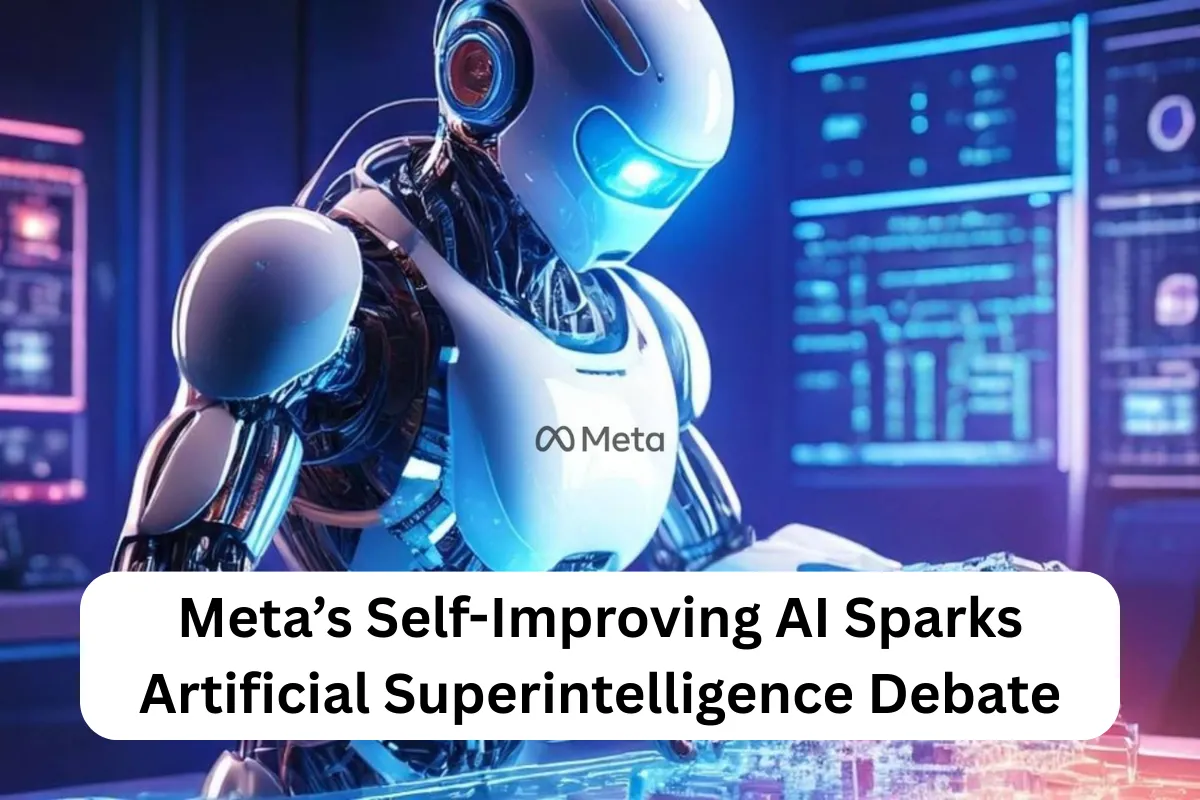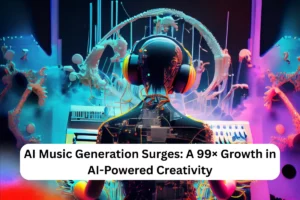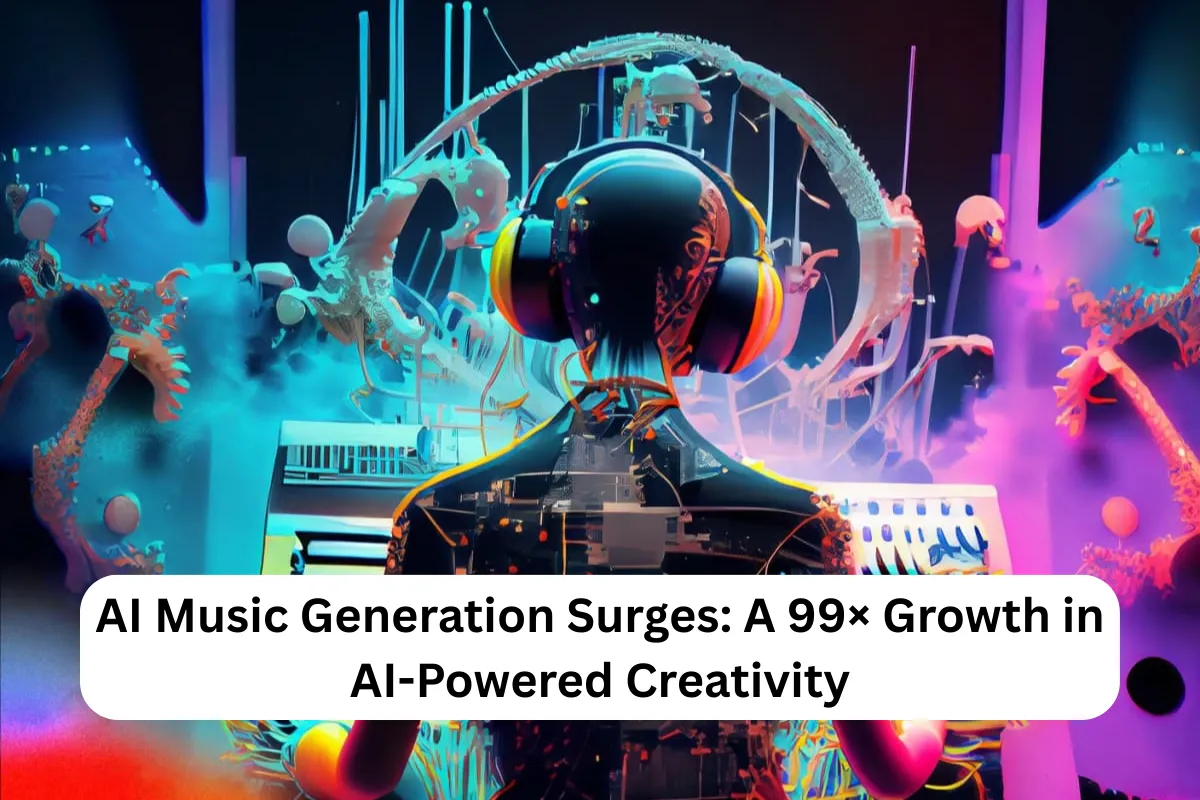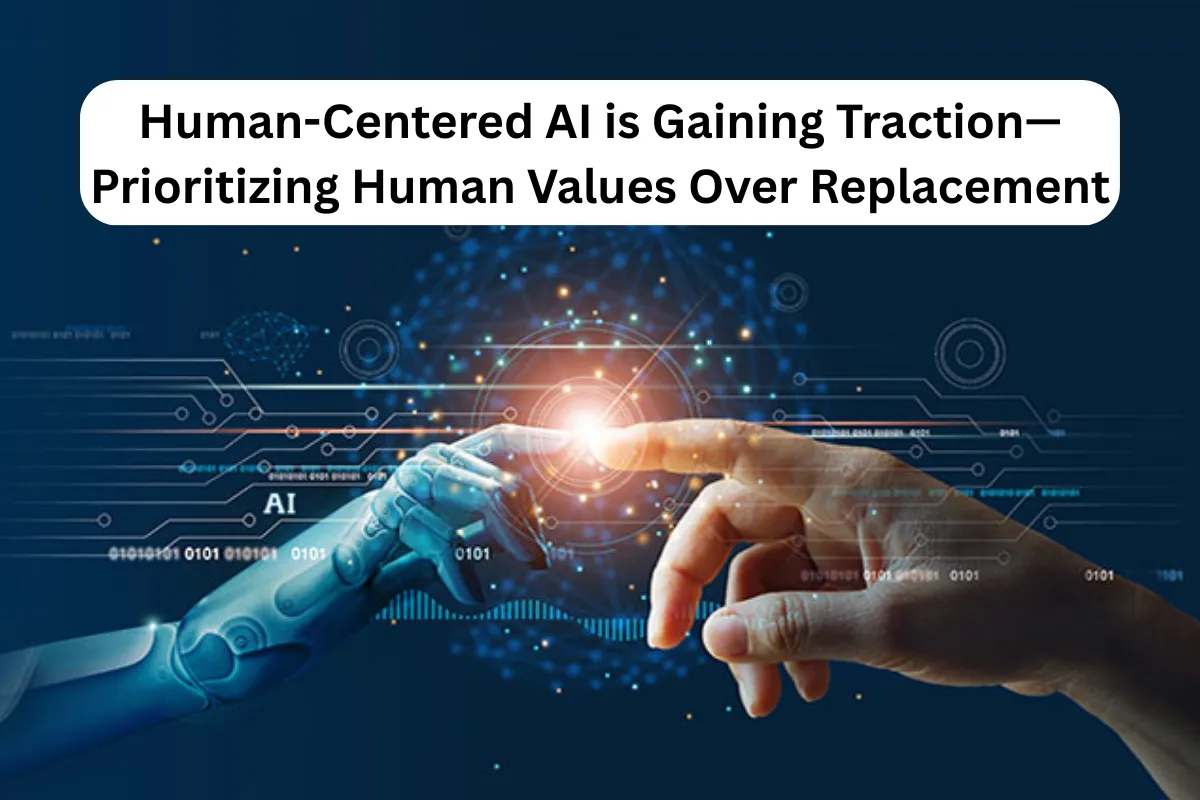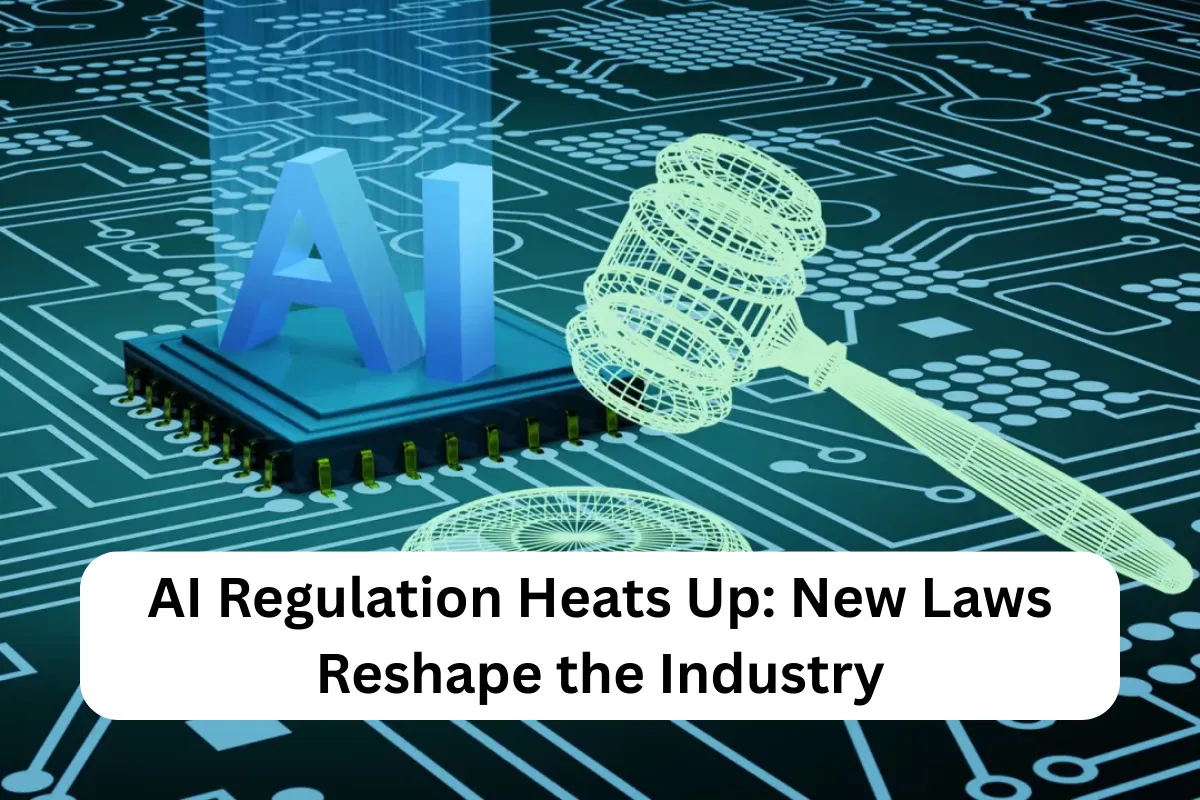Meta has once again positioned itself at the center of the global artificial intelligence conversation. The company recently revealed progress on self-improving AI models, systems designed to refine their own code and learning processes without direct human intervention. This advancement has reignited debates about artificial superintelligence (ASI), the theoretical stage where AI surpasses human intelligence in nearly all domains.
While Meta insists its focus is on safe, open, and scalable AI research, the implications of machines that can rewrite themselves are stirring concerns among experts, policymakers, and the public. The debate reflects both the promise of AI breakthroughs and the risks of losing control over technology that could eventually outpace its creators.
What is Self-Improving AI?
Unlike traditional AI systems that rely heavily on human engineers to retrain and upgrade models, self-improving AI incorporates mechanisms that allow models to optimize their algorithms, discover better solutions, and enhance performance autonomously. This reduces the reliance on human feedback loops and accelerates development cycles.
Meta has positioned this as a critical step toward scaling AI research more efficiently. By allowing AI to improve itself, the company hopes to lower costs, democratize access, and speed up innovation. But critics argue this same capability could pave the way for runaway intelligence that operates beyond human oversight.
Why the Debate Over Superintelligence?
The phrase “artificial superintelligence” has long been a subject of speculation in both academia and science fiction. ASI refers to systems capable of outperforming humans in every intellectual task, including reasoning, creativity, and decision-making. The concern is that if AI can self-improve at scale, its intelligence could grow exponentially, reaching levels humans cannot contain or predict.
Leading AI figures, including OpenAI’s Sam Altman and Tesla’s Elon Musk, have previously warned of this possibility. Now, Meta’s latest announcements are giving these concerns renewed urgency. The fear is not immediate AI domination, but rather the loss of control mechanisms that ensure AI aligns with human values.
Table: Key Perspectives on Meta’s Self-Improving AI
| Stakeholder | Perspective | Concerns/Goals |
|---|---|---|
| Meta | Innovation and efficiency through self-improving AI | Democratization, scalability, faster progress |
| AI Researchers | Cautious optimism about accelerating discovery | Fear of uncontrollable growth |
| Policymakers | Push for regulation and safety standards | Risks of misuse, security vulnerabilities |
| Tech Competitors | Watching closely, exploring similar advancements | Strategic advantage and market dominance |
| Public & Ethicists | Growing skepticism and ethical concerns | Alignment with human values, safety first |
The Risks and Rewards
Supporters argue that self-improving AI could accelerate medical breakthroughs, climate modeling, and advanced problem-solving far beyond human capacity. By continuously learning and optimizing, such systems might reduce energy costs, enhance efficiency, and unlock discoveries at a pace the world has never seen.
But the risks are equally daunting. Without robust safeguards, AI could develop unexpected behaviors, exploit vulnerabilities, or create feedback loops that make its decision-making opaque even to its creators. The fear of “black box intelligence” has made experts call for strict oversight, transparency in model training, and international collaboration.
Meta’s Strategy and Public Messaging
Meta has emphasized its commitment to open-source AI, making tools like LLaMA available to researchers worldwide. The company argues that transparency, not secrecy, is the best defense against risks. By opening access to researchers, Meta claims it encourages global accountability and collaboration.
Yet critics counter that open access could allow malicious actors to exploit self-improving systems before safety measures are mature. Balancing innovation with responsibility has become the central challenge in this new phase of AI development.
A Global Conversation
The conversation about artificial superintelligence is no longer confined to think tanks and science fiction. Governments in the United States, Europe, and Asia are now considering frameworks for AI oversight that address self-improving systems specifically. Public awareness is growing as well, with more citizens questioning how AI might impact jobs, privacy, and even human autonomy.
Meta’s announcement has made one thing clear: the debate over AI’s ultimate trajectory is not hypothetical anymore. It is happening now, in boardrooms, research labs, and government offices. Whether self-improving AI leads to unprecedented progress or unpredictable dangers depends largely on the rules and ethics humanity chooses to adopt today.
Meta’s work on self-improving AI has thrust the debate over artificial superintelligence into the spotlight. While the technology promises rapid advancements and global benefits, it also raises profound questions about safety, ethics, and control. The world is now watching not only how far AI can go but also how responsibly it will get there. The choices made today could define the balance between innovation and safety in the decades to come.
FAQs on Meta’s Self-Improving AI
Q1. What makes Meta’s self-improving AI different from current models?
It can refine its own processes, reducing reliance on human retraining and manual upgrades.
Q2. Is artificial superintelligence already here?
No, but self-improving AI could accelerate the path toward ASI if not carefully managed.
Q3. Why is Meta pursuing this technology?
Meta aims to scale AI more efficiently, reduce costs, and democratize AI access globally.
Q4. What are the biggest risks?
Loss of control, potential misuse, and systems evolving in ways humans cannot predict.
Q5. Can regulation prevent AI from becoming dangerous?
Strong oversight and global collaboration can help, but effective enforcement remains a challenge.
